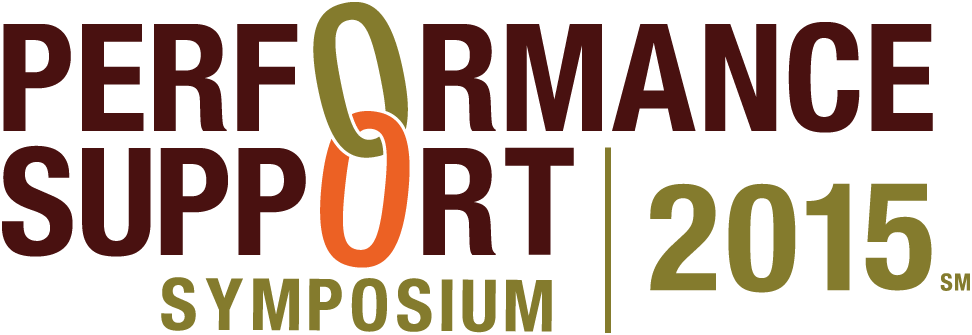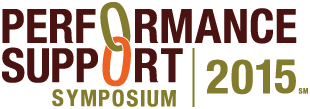721 Creating Effective Tribes: Performance Support Through Social
2:30 PM - 3:30 PM Thursday, June 11
Implementation
Lone Star G
When formal learning finishes, we release learners back into their everyday reality, back into a structure that includes both formal hierarchies of support as well as social structures we can call “tribes.“ These are the communities where workers make sense of the learning and rehearse new behaviors. But we don‘t have to leave this to chance. If we understand how these tribes form, how these communities work, and the types of roles we play in them, we can better support learners in these sense-making activities. All too often, we rely on the technology to do this, while in reality it‘s a social issue. Technology can‘t deliver great performance support without functioning communities, coherent tribes behind it.
In this session participants will explore the role and purpose of these communities, as well as the differences between formal, visible tribes and hidden social ones. You will look at a three-stage model of development: forming tribes, guiding them, and narrating the results, where we take the learning out and share it more widely. You will also look at issues of trust and integrity between organizations and individuals which are vital in the establishment and high functioning of these tribes.
In this session, you will learn:
- How tribes can support sense-making once formal learning is complete
- How to form these communities, guide the learning, and narrate the results
- How to increase effectiveness through this approach
- How to moderate and support in these spaces
- The role of social collaborative technologies
Audience:
Novice to advanced designers, developers, and managers.
Technology
discussed in this session:
N/A.

Julian Stodd
Author and Founder
Sea Salt Learning
Julian Stodd is an author and founder of Sea Salt Learning, a global learning consultancy helping organizations adapt and thrive in the social age. Much of his consultancy work is around the need for social leadership, the design of scaffolded social learning, planning for organizational change, and the impacts of social collaborative technology. Julian comes from an academic background in communication theory, psychology and neurophysiology, learning design, educational psychology, museum education, and philosophy. He is a proud global mentor with the Cherie Blair Foundation for Women, and a Trustee of Drake Music, a charity that works to break down disabling barriers to music through education and research. He was awarded the Learning Performance Institute’s Colin Corder Award for Services to Learning in 2016. He has written 10 books, including The Social Leadership Handbook, Exploring the World of Social Learning, and A Mindset for Mobile Learning.





















